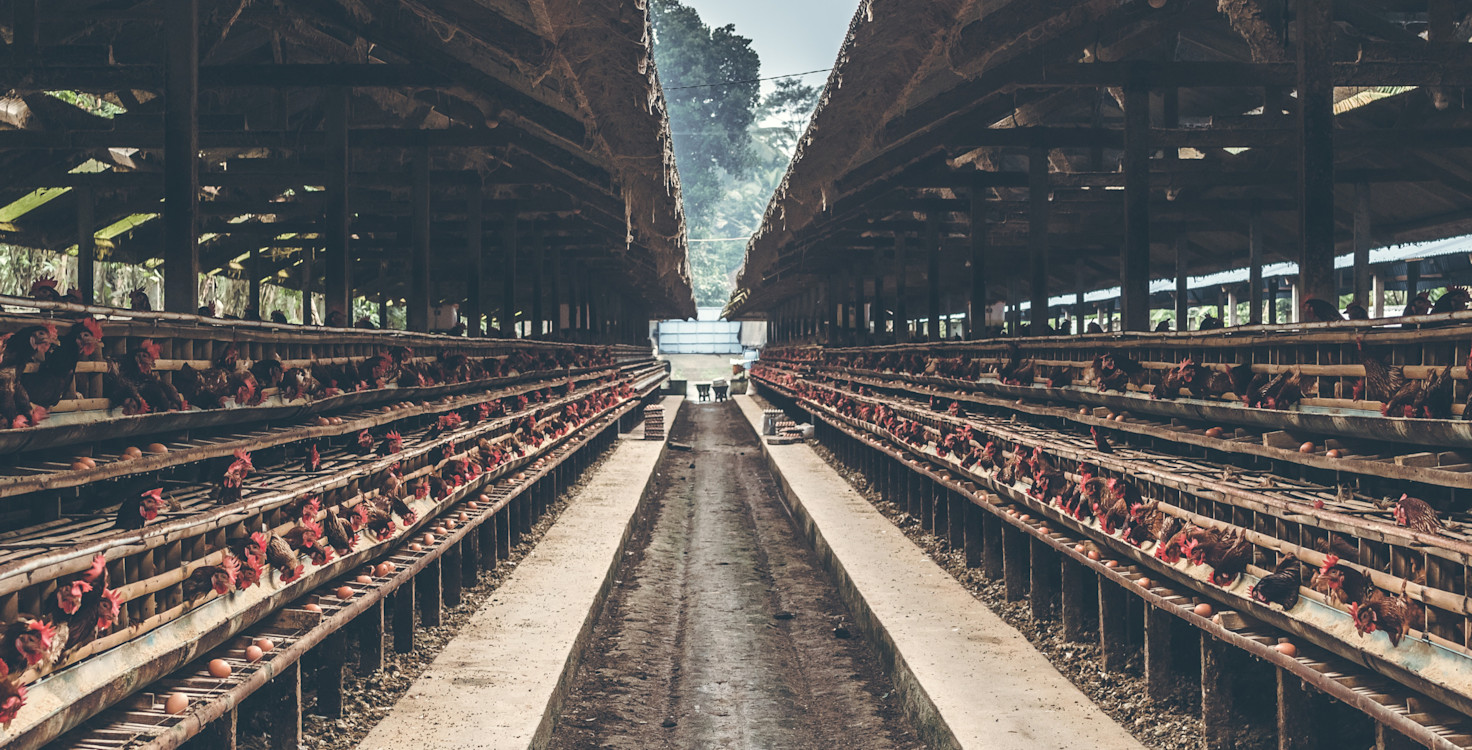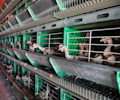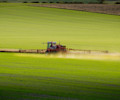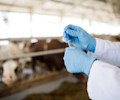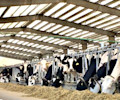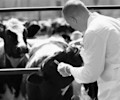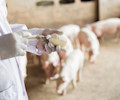More than 70% of the world’s meat comes from factory farms, but often investors are not aware of the hidden risks to their portfolios and the wider economy. There are a number of environmental and public health costs associated with intensive agriculture or ‘factory’ farming.
The FAIRR Initiative has identified at least 28 environmental, social and governance (ESG) issues that could significantly affect the world economy and damage the financial value of investments over the short and long term.
Intensive Animal Agriculture's environmental impact
Major environmental risks include its contribution to climate change, deforestation, biodiversity loss, natural hazards and water scarcity. Livestock farming is responsible for 14.5% of GHG emissions and 55% of methane emissions, with an increased risk of regulation to curb its contribution to climate change likely to have a material impact on investments. The sector is also exposed to the impacts of climate change, with a 21% rise in cattle costs predicted due to heat stress (as of 2019). In South America, approximately 50% of the Cerrado’s forests and native vegetation has already been cleared for agricultural expansion, mainly for soy (used as animal feed) and cattle production.
Health risks due to antibiotics overuse in intensive animal agriculture
Public health issues include the overuse and misuse of antibiotics, and air and water pollution. The overuse of antibiotics in factory farms not only contributes to the rise of antibiotic resistance but also catalyses outbreaks of animal pandemics, such as swine flu (H1N1) and avian flu (H5N1). Around 70% of all antibiotics (by volume) in the US are used in farms. In October 2015, California became the first US state to ban routine antibiotic use in farm animals. EU legislation on veterinary medicines is currently being revised; this could lead to new restrictions on the regular preventive use of antibiotics in intensive farming. An estimated US $3 billion of economic damage was caused by avian flu in the US in 2014 — 40 countries placed bans on US poultry and food companies — which was catalysed by factory farming.
Financial risk to investors from water pollution due to factory farming
Animal waste must be carefully disposed of to avoid harm to waterways and the wider environment. The cost of cleaning up the soil under US pig and dairy CAFOs is estimated at US $4.1 billion. The US meat company Tyson had to pay at least US $14 million in fines and settlements for environmental pollution between 2013 -2018.
Mitigating these risks for investors
FAIRR believes that investors must be aware that factory farming (also referred as intensive animal agriculture) poses substantial risks beyond their own portfolios. Environmental damage, public health crises, and financial liabilities demand proactive consideration in investment strategies. The road to sustainable returns necessitates a holistic approach, integrating environmental, social, and governance factors into decision-making processes.
FAIRR insights are written by FAIRR team members and occasionally co-authored with guest contributors. The authors write in their individual capacity and do not necessarily represent the FAIRR view.
